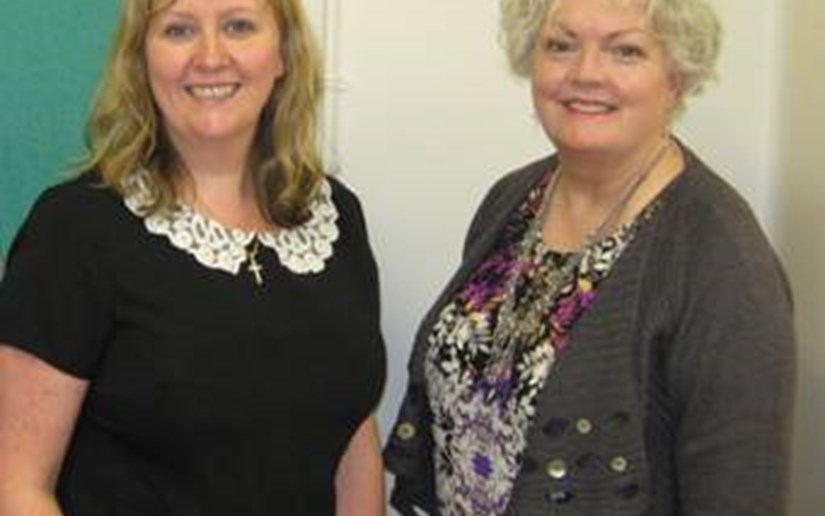Study: Health professionals specialising in treating lymphoedema mostly deal with swollen limbs rather than genitals and can feel overwhelmed if ill prepared to support these patients. The project set out to find what education was needed and the most practical way of professionals accessing that education. The team used an international online survey and focus groups with lymphoedema professionals.
Results: 92% of 583 health professionals (from 31 countries) felt education on genital oedema was necessary and identified ‘essential’ subjects and those of ‘least confidence’. 69 professionals participated in discussion groups, describing a need for assessment tools, outcome measures, and a diagnostic algorithm. They felt improved availability of acceptable compression products would help normalise conversations with patients.
Impact: The project has created activity around the globe, auditing prevalence, and describing cases, changing education curriculums, creating E-learning packages and getting improved assessment tools into practice. Conference programmes have all included genital oedema in the last year. Videos for patients and collaborative events have increased awareness. Product development meetings with garment manufacturers are being held. Patients are more likely now to interact with lymphoedema professionals who are more informed about genital oedema.
Next Steps: The research team are working on international position statements to guide patient treatment, and will continue to share their learning with other health specialities and the public. The learning from this project will inform the study of education need on other lesser acknowledged populations with lymphoedema.

